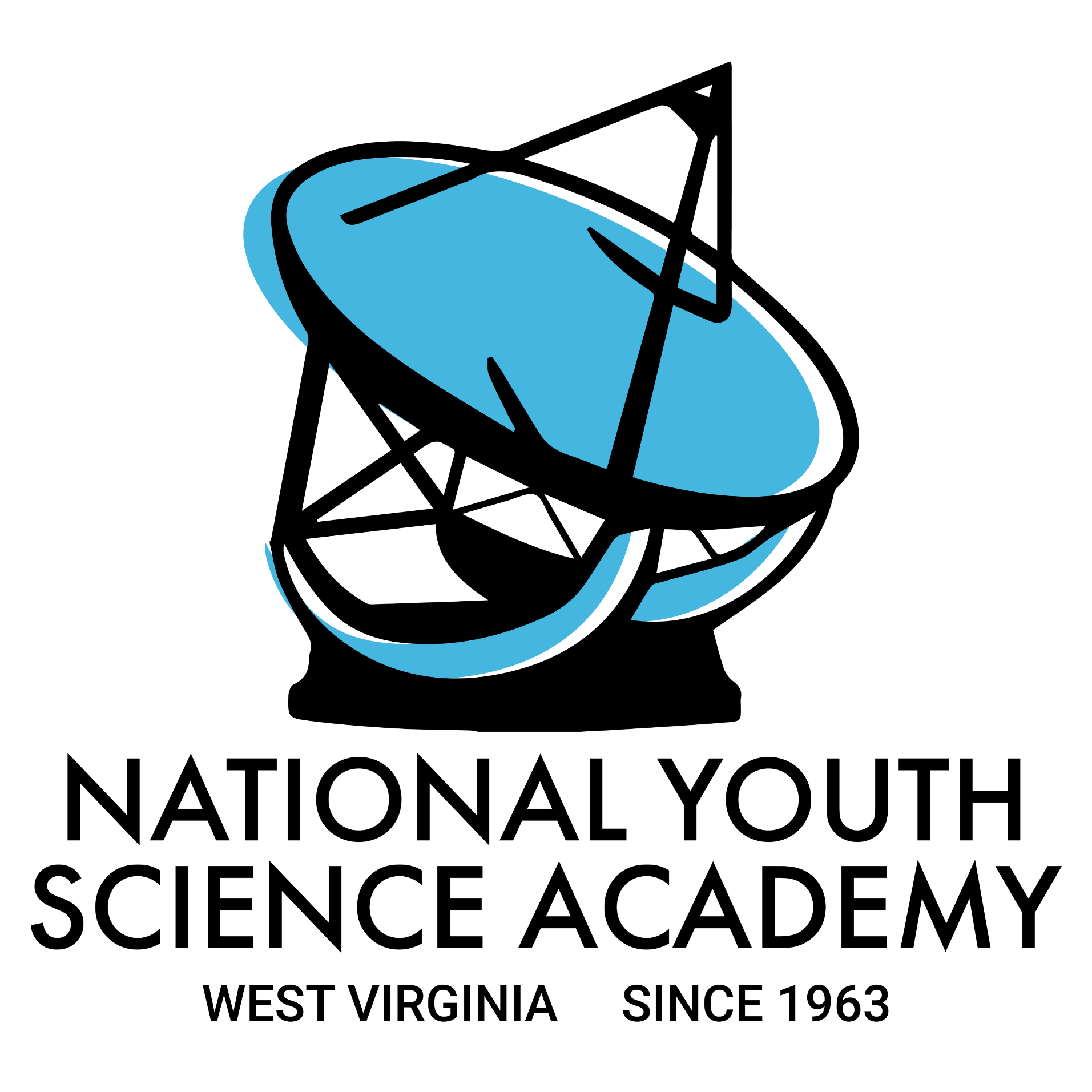Read the original article in the Charleston Gazette here, written by Lara Bonatesta with photos by Kenny Kemp.
Last year, the National Youth Science Foundation partnered with West Virginia Science Adventures, a well-known program in Huntington, to bring its successful summer science camps to other parts of the state.
This year, the foundation is offering its Summer Stem Academies to four West Virginia counties: Kanawha, Cabell, Tucker and Fayette.
Ryan Haupt, the foundation’s director of West Virginia Programming, said 2 1/2 weeks of extracurricular educational activities per year can be worth an entire extra year’s worth of education by the time a child graduates from high school.
He said children from wealthier or urban backgrounds often have more of these opportunities, giving them a large competitive advantage after high school.
“We’re just trying to close the gap,” he said. “We want to help West Virginia students get that extra nudge toward having those extra educational experiences by the time they’ve graduated high school.”
Haupt said one of the foundation’s main goals is to reduce participation barriers to these camps. These barriers include financial struggles, lack of availability and transportation from rural areas.
This week’s Kanawha County camp was titled, “Paws, Scales and Tails.” The camp was led by Melanie Browning, a biological sciences graduate student at Marshall University, and was intended for students between fourth and ninth grade.
Students at the camp learned about various animals including amphibians, lizards, turtles, invertebrates, snakes and mammals.
Sam Hudson and Ashton Hughes were two of the children at this week’s camp.
Sam’s favorite animal is a quokka, but he said he likes all animals, including snakes and lizards. The only animals Sam doesn’t like are house centipedes, cockroaches and ants.
Ashton, on the other hand, hated snakes before his experience at the camp. He said he had been scared of the animals and thought all snakes were aggressive. The camp helped Ashton get over his fear and he even enjoyed getting to know Fluffy, Browning’s boa constrictor. Ashton said his favorite animal, though, is a capybara.
Some of the children at the camp hope to work with animals when they grow up, while others do not. Ashton, for example, wants to be a U.S. Air Force pilot.
Haupt said that, even if students choose not to pursue STEM professionally, he believes the camp will still have an impact.
“Having a generation of kids who understand a little bit more about the scientific process, and have an appreciation for the role that science plays in their everyday lives, makes for a better community of adults once they’re entering the workforce, even if they’re not doing anything to do with science in their daily life,” he said.
The National Youth Science Foundation also is continuing its flagship program, the National Youth Science Camp, virtually this year. This program typically brings students from across the country to Pocahontas County to learn about science.
The program has been running since 1963 but because of COVID-19, it has been offered virtually since 2020.
More information about the National Youth Science Foundation, including how to register for the summer science camps, is available online here.
